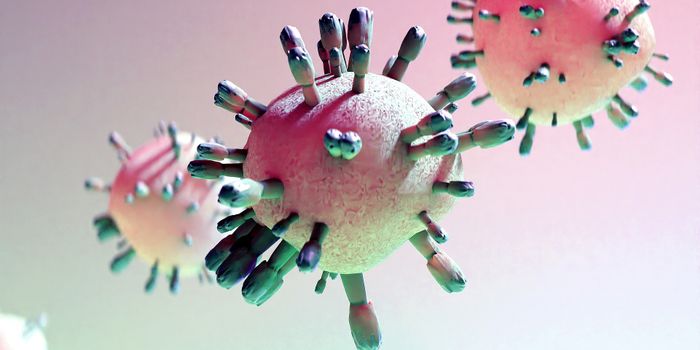Researchers Reveal Autoimmune Response in Patients with ALS
Amyotrophic lateral sclerosis (ALS), also known as Lou Gehrig’s disease, is a neurodegenerative disease that affects the neurons in the brain and spinal cord. In the United States alone there are fewer than 20,000 cases a year. However, the disease is fatal with a 5-year survival rate of 10-20% after diagnosis. This progressive disorder impedes voluntary muscle movement and can dramatically impact an individual’s quality of life. Symptoms of ALS include gradual muscle weakness and fatigue which spreads throughout the body. Difficulty moving and slurred speech is accompanied by muscle spasms, cramps, and twitching. Diagnosis is based on an exam led by a healthcare physician who also considers medical history and analyzes neuroimaging. Unfortunately, there are no blood tests to detect ALS. Additionally, the exact cause of ALS is unknown. However, many physicians and scientists believe that it is a combination of genetic and environmental factors.
Currently, there is no cure for ALS and medication works to manage symptoms and improve quality of life. Treatments include medication that slows disease progression, physical and speech therapy, and devices that help make movement and breathing easier (including wheelchairs and ventilators). It is unknown how this disease progresses and scientists are working to develop optimal therapies for patients.
A recent article in Nature, by Dr. Alessandro Sette and others, revealed that ALS is an autoimmune disorder. This discovery is extremely novel and progresses the field of ALS, especially since very little was known before. Sette is a Professor in the Centers for Autoimmunity and Inflammation, and Cancer Immunotherapy, and is Co-Director of the Center for Vaccine Innovation at La Jolla Institute for Immunology. Sette’s work focuses on understanding the immune system and measuring its activity in various diseases. More specifically, he focuses on cellular biomarkers that elicit robust immune reactions.
Sette and his team discovered a significant increase in specialized immune cells, known as T cells, in ALS. These T cells are responsible for finding and targeting invading pathogens. They can also help activate others immune cells to amplify an immune response. The present T cells in patients with ALS were found to target a surface marker on neurons. As a result, the immune system would target healthy cells and could not differentiate “self” from “non-self”. This misinterpretation by the immune system is known as autoimmunity. Interestingly, in the current study researchers connected autoimmunity to ALS, which has not been previously shown. The group observed a difference in immune response among ALS patients. Scientists are now starting to believe that the immune system correlates to different ALS subtypes and prognosis. For example, patients that were shown to have increased autoimmunity or highly active T cells, had shorter predicted survival. Comparatively, another group had a diverse range of T cells that made scientists predict longer survival times.
For the first time, it has been shown that an autoimmune reaction contributes to ALS progression as T cells target specific surface markers on neurons. Additionally, autoimmunity can classify ALS into subtypes and better predict patient survival. As a result, scientists can now investigate anti-inflammatory drugs traditionally used to target autoimmune disorders to successfully treat ALS patients. The next step is to apply autoimmune medications to patients with ALS as an approach to improve patient outcomes and quality of life.
Article, Nature, Alessandro Sette, La Jolla Institute for Immunology








